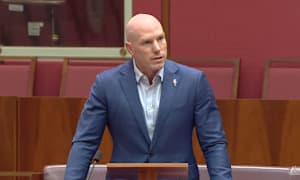Voluntary Assisted Dying (VAD) is now part of retirement village operations with an increasing number of villages having some VAD experience. For many though, the conversation and policies haven’t started.
Over the past fortnight, the DCM Institute has been holding Professional Development Days across the country. One of the topics we have been discussing, at the request of a handful of retirement village operators, has been VAD.
Across Perth, Adelaide, Melbourne and Brisbane, we have had more than 300-plus Village Managers present – with hundreds more expected in Sydney tomorrow and Thursday. In each city, we have heard stories of residents who are beginning the VAD process.
A handful went on to explain how some have even completed the process in their retirement village unit – their home.
Not isolated examples
For many organisations, VAD remains a silent subject even though it now accounts for around 1% of all deaths in Australia.
As one professional put it: “It’s important managers approach this in accordance with the policy of the company they work for.” The trouble is, in many cases, such a policy doesn’t exist.
VAD is no longer new
Victoria’s laws took effect in June 2019. Western Australia followed in 2021, then Tasmania in 2022. Queensland and South Australia commenced in January 2023, and New South Wales joined them in November 2023. The ACT will follow in November 2025.
And residents generally want it. We at DCM know this because we were heavily involved in canvassing Victorian residents with Andrew Denton, who led the VAD advocacy to get it introduced into Victoria, the first state.
Public sentiment has long been supportive. When VAD advocate Andrew Denton spoke at the DCM Group’s LEADERS SUMMIT back in 2017, more than 70% of Australians were in favour of legalising VAD. This also suggests VAD remains a deeply personal issue.
And with more than half of all retirement village operators being for-purpose, many of whom are faith aligned, this topic does take some navigating at a time when frontline staff are looking for guidance.
If we maintain leading a village is a ‘profession’, then the sector needs to do more to support staff on this topic – even if the answer is respectfully not engaging on the subject.
Silence leaves frontline staff without a roadmap at a time when we need to equip them with clarity on how to respond when VAD is raised.
Because it is being raised.











